Industry superannuation funds are great if you are a member of one. Low administration fees, focused on returns for members, and in some industries, still part of an anachronistic, closed-shop union deal. The arrangement ensures workers in a given industry have their employer super guarantee payments made to the industry fund, and often at rates above the legislated 11 per cent of an employee’s ordinary wages.
Already a subscriber? Log in
Subscribe for just $2 a week
Try a month of The Spectator Australia absolutely free and without commitment. Not only that but – if you choose to continue – you’ll pay just $2 a week for your first year.
- Unlimited access to spectator.com.au and app
- The weekly edition on the Spectator Australia app
- Spectator podcasts and newsletters
- Full access to spectator.co.uk
Or

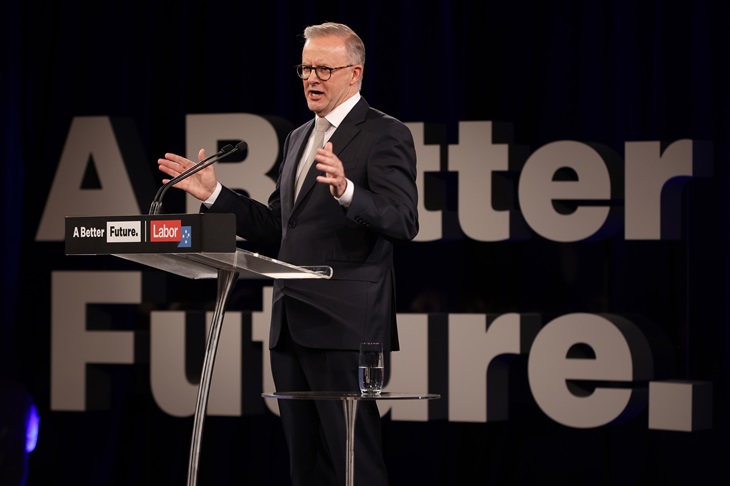

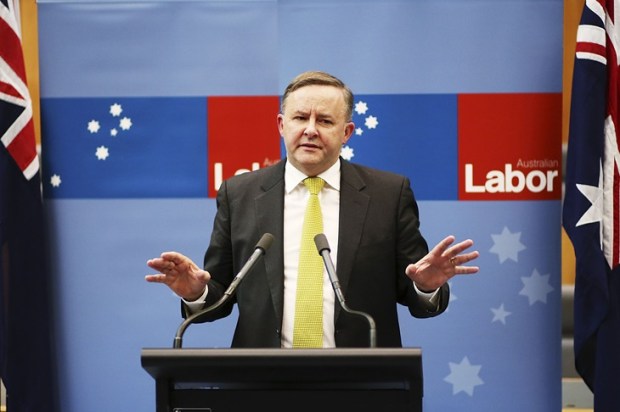
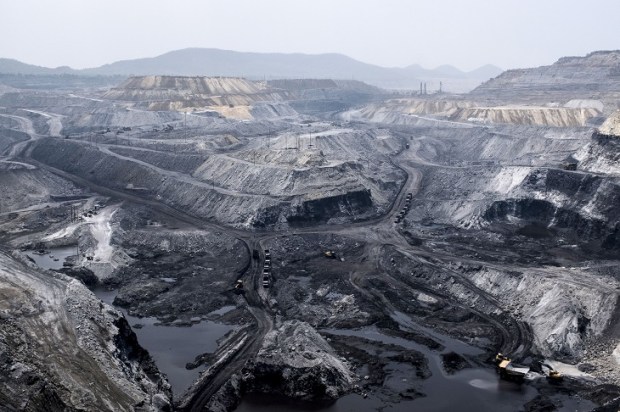
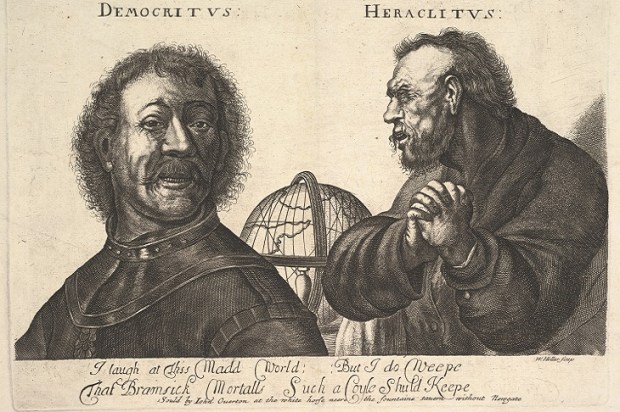
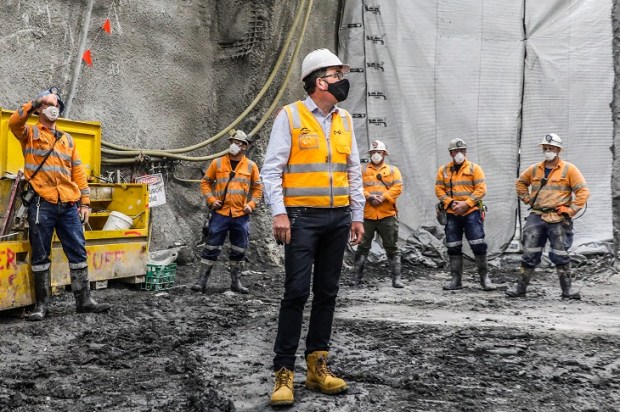



















Comments
Don't miss out
Join the conversation with other Spectator Australia readers. Subscribe to leave a comment.
SUBSCRIBEAlready a subscriber? Log in